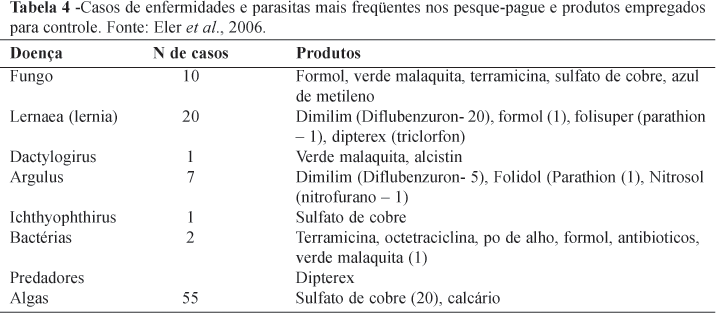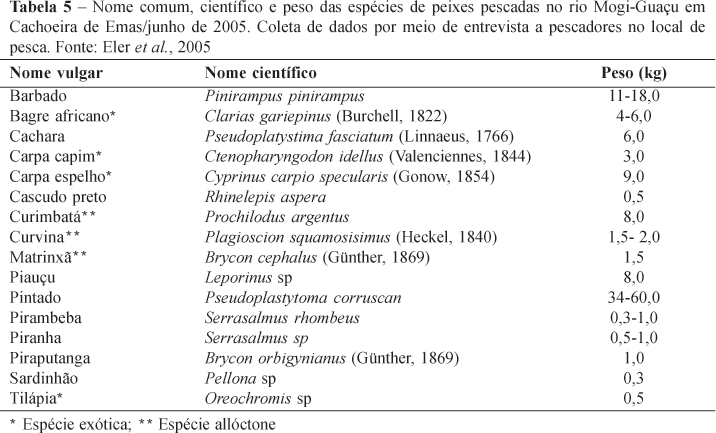The objective of this article is to introduce the reader to a reflection about the strategies of interconnection of the aquaculture in the human-environmental context, shouting the committed actors with the sector it research and utilize approaches of feasibility in conformity with the beginning of the sustainability. Sustainability is a complex idea and an abstract concept that provides a framework for interdisciplinary dialogue, interaction and research. The Principle of Sustainable Development as it was endorsed in the Rio-Declaration of 1992, interpreted as comprising the inter-relation of natural and technological aspects on the one hand, with socio-economic and value-based considerations on the other. This study applies a consequential approach to system delimitation and includes future scenarios. The latter are used to predict the impact potential over a longer time span. Also, the methodology for life cycle impact assessment (LCA), environmental impact evaluation criteria, as well as, the adoption of the basin as unit of management participatory. Interconnecting each aquaculture process, Brazilian environmental Legislation is as a criteria determinant in the search of the sustainable development.
environmental regulation and policies; impact assessments; LCA; Rio declaration of 1992; sustainable aquaculture









